Summer can feel draining not only for humans but also for our plants. Hydration becomes an important part of the daily routine for all our plants too. Considering the water scarcity in most parts of India during summer, here are a few drought-resistant plants for our garden.
These five hardy plants are suitable for India’s hot, and dry climate. They save water and add charm to our garden too.
1. Bougainvillea
This vibrant climber grows in the sun and is perfect for walls, fences, and trellises. Its colourful flowers blossom in the harshest of summers.
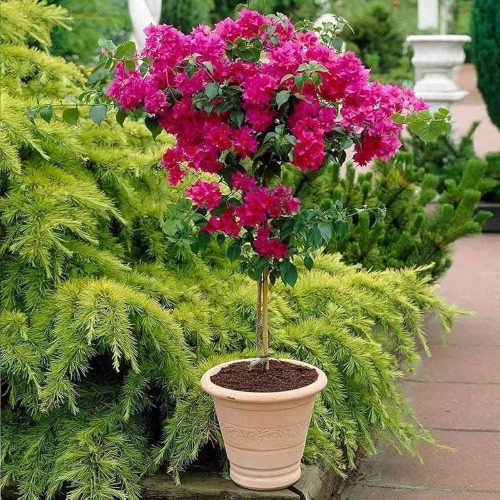
Tip: Plant in well-drained soil, and water sparingly once established. It loves the sun, so place it in a sunny spot. Prune regularly to encourage more flowers.
2. Portulaca (Moss Rose)
Known for its cheerful blooms, Portulaca is a low-growing plant that flourishes in dry soil and requires minimal care.
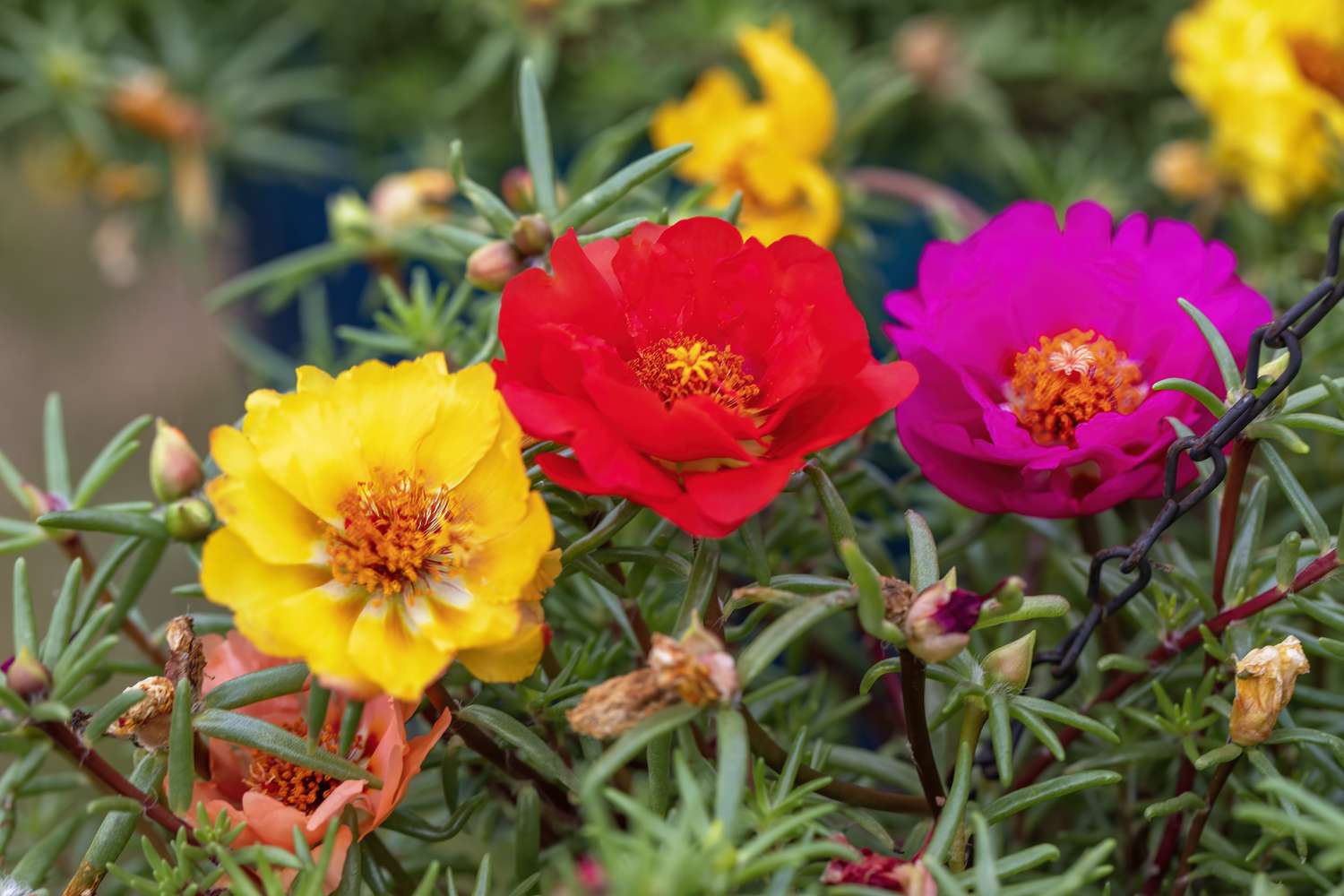
Tip: Grows best in well-drained, sandy soil. Water lightly when dry and ensure it gets full sunlight. It is perfect for hanging baskets or garden beds.
3. Lantana
This hardy, sun-loving shrub is not only drought-tolerant but also attracts butterflies with its beautiful clusters of flowers.
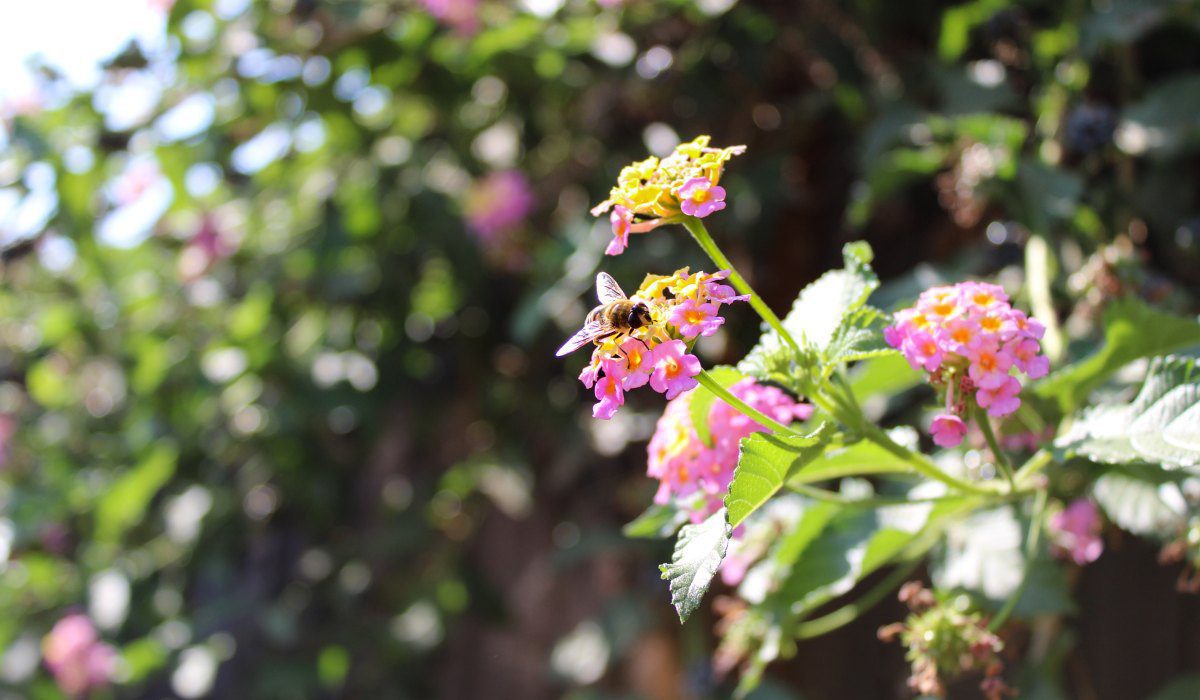
Tip: Plant in full sun and well-drained soil. Water sparingly once the soil is dry. Prune regularly to encourage fresh growth and more blooms.
4. Agave
A succulent that thrives in arid conditions, Agave is perfect for dry climates. Its striking appearance makes it a unique addition to any garden.
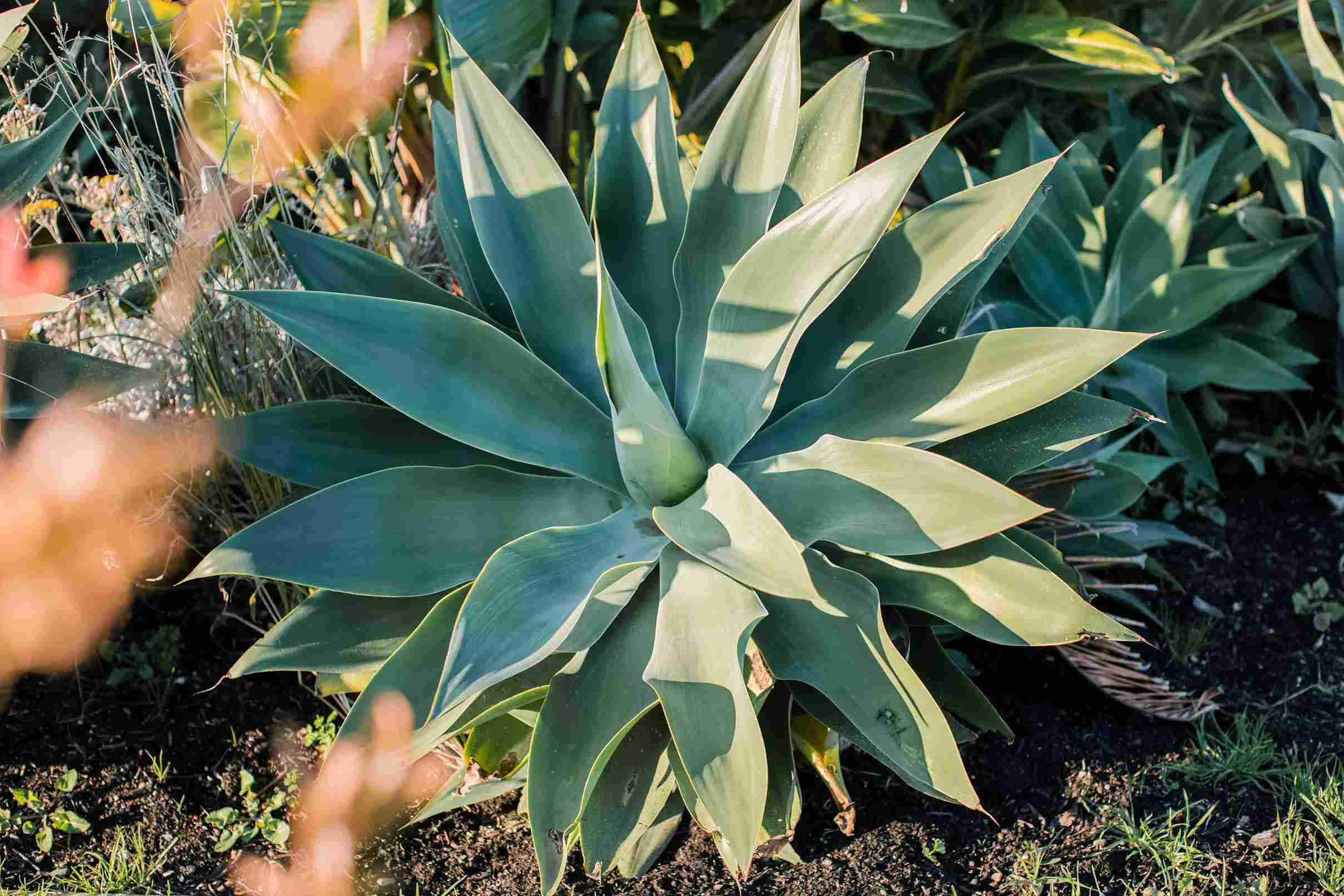
Tip: Plant in sandy, well-draining soil with plenty of sunlight. Water only when the soil is completely dry, as overwatering can cause root rot.
5. Yellow Oleander
Known for its bright yellow flowers, this plant is drought-tolerant and can endure high temperatures. A great option for sunny corners.
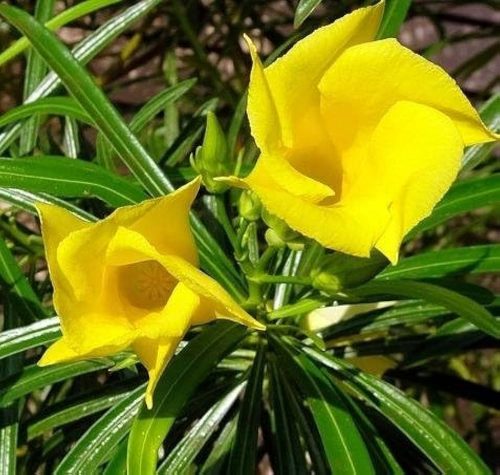
Tip: Place the plant in a sunny spot and in well-drained soil. Water when the topsoil feels dry. Be cautious, as all parts of the plant are toxic if ingested.
Drought-resistant plants help conserve water, reduce garden maintenance, and thrive in extreme heat. Perfect for sustainable gardening in India’s hot climate.
Edited by Vidya Gowri
No comments:
Post a Comment